Curiosity may have killed the cat, but that’s exactly why e.g. gatherings like Killing Kittens seem to be doing so great.
Besides, most of us seem not to know that the proverb really goes:
“Curiosity killed the cat, but the satisfaction brought it back.”
While some of us seem to have lost inner curiosity, most masochistically enjoy being plagued by pressing questions. What’s the sense of life? What’s my place on earth and how can I contribute? And does it happen only in the movies where a mere mortal, unaware of his/her singularity is sucked into the vortex of once-in-a-life-time adventures or can we rather chose to create and lead extraordinary lives?
They say life is what you make of it and seeking answers is what keeps us alive, what gives us thrills, making our days untrite.
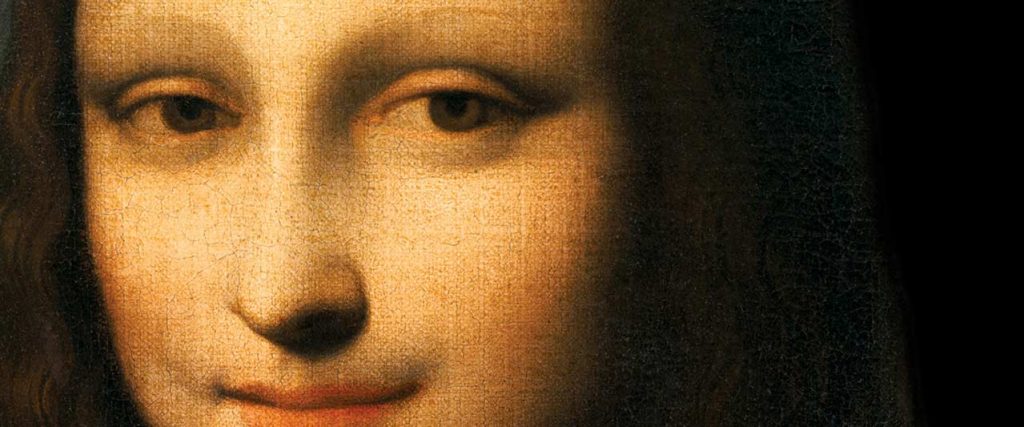
When doing research for this subject, I’ve sought opinions of wide spectrum of humans about unlimited possibilities of the mind and its singularity.
Obviously, in cases of digging deeper and deeper, before you even know it, you tend to find yourself at the end of the Internet, asking yourself How the hell did I get here?. I bet it has happened to you many times while clicking between suggested YouTube videos 🙂
In my case it was landing on a 90s’ looking page of some self-published author, Joel A. Wendt which treats about consciousness, critical examination of the societal behaviours and the likes. While nothing which he stated seemed deviated and evil (at least, in my opinion), I found it really hard do categorise his views in the average normality range.
Civilization burns. War, hate, disease, mistrust, egotism, racism, greed, and just plain stupidity seem to be active everywhere, destroying social order and reducing our hopes and dreams to ashes. Yet, strange patterns form in the flames. Weaving and dancing, human beings, and their communities, live and die, move and change, grow and become. Meaning hovers over the seeming chaos, and with a careful attention to the most basic elements it becomes possible to discern the music that moves along side us – even the themes flowing out of the future . [..] There are the visions of a few modern story tellers – students of the Mystery, sitting with us by their computer screens, the community campfire of our electronic age.
Joel A. Wendt’s Theory
Internet is a weird creature. The more you dig in, the scarier/weirder it gets. But most of the times, it’s only scary because it may be unknown to you (I’m excluding cases of degenerated psyche traces).
However, seek and you shall find, no matter how deviative knowledge you are trying to posses, chances are – your thoughts and ideas (especially those which you call revolutionary) have been conceived before, but maybe the timing wasn’t right to implement them.
I sometimes wonder how many depth levels are there in the grey sphere of the internet, also known as Deep Web / Dark Web, and if majority of it is deviated evil resulting of perversity and degeneration.
But Internet is not the only place where people immerse themselves in knowledge and discover the darkest corners of human consciousness by practising critical thinking. In the past, secret (and then not so secret) societies like Illuminati or Masons (which were nothing more than intellectuals gathering in secrecy with some traditions to bond together discussing the various philosophies brought on by the Enlightenment-era) wanted to spread a belief that led to the happiness of the people through “enlightenment” or basically the refusal of superstition and prejudice. Many of these societies contributed to a birth of conspiracy theories – stemming from the fact that rival secret societies (Illuminati vs. Masons vs. Anti-Masons and so on) actively wrote negatively about each other.
In some sense, some conspiracy theories are like those early oral stories of ancient humans where each telling was slightly modified, and slightly exaggerated, to become a grand story. Sure, there’s still some truth in it, but there’s also a pile of fiction over it that you’d need to dig through to get to the reality of it. It’s only a shame I haven’t had a chance yet to confirm how much “reality” lays in these theories.*
The curious case of the ordinary man
Is it better to out-monster the monster or to be quietly devoured?
Friedrich Nietzsche
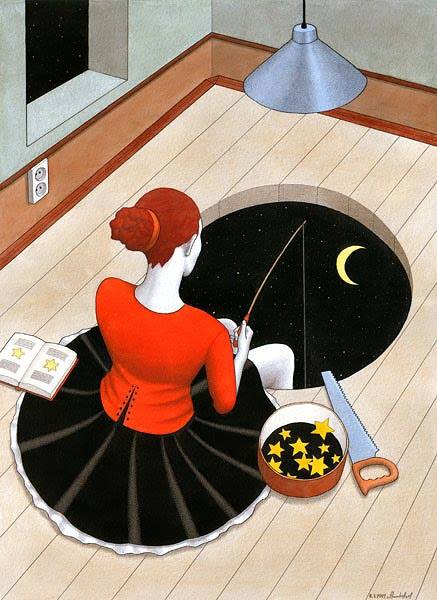
Curiosity is an insatiable desire for knowledge and discovery of previously unknown. Virtually all humans were born with this desire which is why children are always examining things and pestering their parents with a pantheon of seemly simple but difficult to answer questions deriving from WHY. This stage of elevated inquisition in most individuals is unfortunately shortlived, as by the time they reach adulthood, they feel that they have been taught what they need to know in order to get by this thing called “life”.
Yes, one may say the fault lays in the education system (of most of the so called developed countries) which busies itself with instilling facts that they feel young people should know by heart, leaving little time for inquiry and further exploration.
However some people somehow retain this insatiable desire and are unfettered by the education system dogma, as this was the case with great minds like Einstein, Curie-Skłodowska, Socrates and several others. Hence, here arises the question whether these people were curious because they were born intelligent or their curiosity made them become intelligent?
Inner curiosity led to virtually every scientific and technological break-through we’ve known, and has been responsible for ensuring more individuals achieve something in their lives, at every level, simply because they’ve been spurred on to find out “what if…“. That’s why people have been repeatedly risking their lives reaching further for the unexplored areas of our Universe.
Curiosity exists in the context of an open mind and those discouraging curiosity don’t like open mindedness. Open minded people are independent and difficult to control and manipulate. They’re also less predictable and more difficult to pin down, hence less likely to blindly follow “authorities”.
These expectations should be: an obedient employee, a person reconciled with what they have. The odds are already against us, negativity bias (also called a speculated evolutionary carry over) wired in our brain tells us to avoid risk taking, hence our unfavourable evolutionary conditions enhanced with tamed by societal pressure curiosity can be a killer mix.
One who is curious will easily discover the flaws of the system therefore may not be that obedient. In Poland we have this unhealthy habit of looking at other people’s misfortune and justify our miserable, still fate by stating that “others have worse situation”. However, at the same time we are not easily accepting other people’s better financial/romantic/personal/put-whatever-you-wish position. We are far from praising and aspiring to better educated, successful members of the society like it happens in countries like Japan.
Logic says we should direct our energy into exploring new opportunities, but instead we dwell on our unjust fate, not doing anything to change it. (However, younger generations do not exhibit so much this post-communist worrisome behaviour any more 🙂
One who is curious may want to know how they can reach more than what has fallen to their mediocre, society approved share.
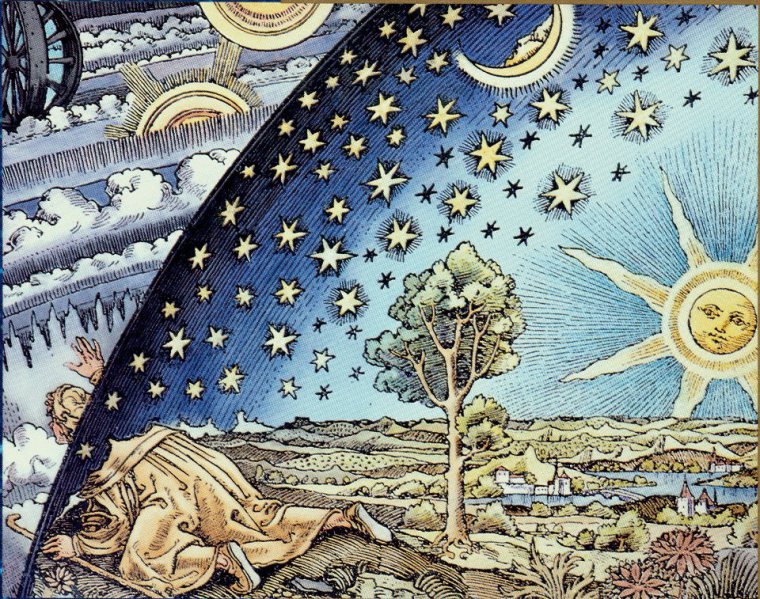
Wake up Neo…teny
From the biological point of view, the roots of our peculiar curiosity can be linked to a trait of the human species called neoteny. This is a term from evolutionary theory that means the “retention of juvenile characteristics”. It means that as a species we are more child-like than other mammals. Our lifelong curiosity and playfulness is a behavioural characteristic of neoteny.
Neoteny is a short-cut taken by evolution – a route that brings about a whole bundle of changes in one go, rather than selecting for them one by one. Evolution, by making us a more juvenile species, on the one hand it has made us weaker than our primate cousins, but it has also given us our child’s curiosity, our capacity to try and learn and our deep sense of developing attachment and protective bonds between each other.
And of course the lifelong capacity to learn is the reason why neoteny has worked so well for our species. Our extended childhood means we can absorb so much more from our environment, including our shared culture and the impact what revolutionary inventions like the Internet has had ever since on our accelerated progress. Even in adulthood we can pick up new ways of doing things and new ways of thinking, allowing us to adapt to new circumstances and gain new perspective.
Where has your little spark of madness been gone?
So what exactly kills our curiosity? Apart from an extreme amount of pressure from the society to drop it or being forced to lose (by school, by jobs, by our close circle dragging us down) often we ourselves are to blame due to insecurities, assumptions and false believes.
We spend the first years of our children’s lives teaching them to walk and talk, and the rest of their lives telling them to shut up and sit down. There’s something wrong there.”
Neil deGrasse Tyson Quotes (Author of Death by Black Hole)
Children are often told to do things the way their parents curiosity was handled. Curiosity has been (and unfortunately still is) depicted as a kind of deviation or a kind of forgiveable but stupid misbehaviour. The one, that should be get rid of as you grow up, concluding that the loss of curiosity is made a kind measure of the level of being grown up enough.
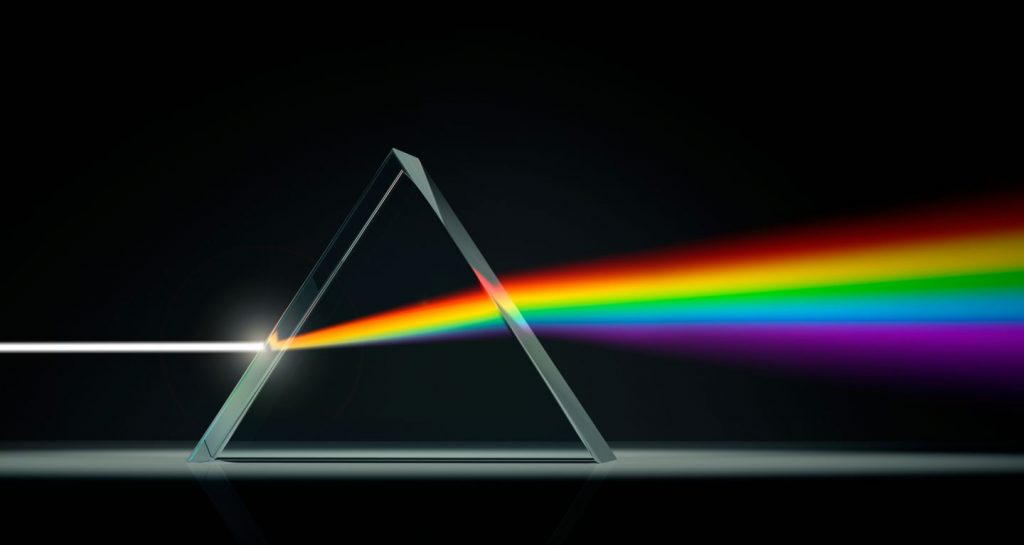
So we dig our grave to the numbness from the early years. Then, we add up by our tendency to flattening reality and the whole spectrum of the opportunities it presents.
I don’t want to mention wasting time on watching malefactor reality shows (oops, I just did) or simplifying everything under the fancy label name “user friendly”. These things do not stimulate our inner curiosity leading to small victories in form of self-discovery (Yes, this watch was constructed this certain way, but what a pleasure it could be to dismantle and reassemble it to a fully working order).
Blockbuster movies usually portrait characters up to the certain, shallow level of complexness. Sometimes, to the point of treating us viewers like some kind of limited fools, where the story gets reconfirmed to capture understanding of those remaining few, whose attention span was interrupted.
The flattening of our choices happens in every sphere of our lives in order to make us more efficient and focused on producing results for those, who happen to actually use their curiosity (We call them wise businessmen :).

Even the ogre Shrek said to the Donkey, that humans are like onions, that we all have many “layers” making us truly complex creatures (if we wish to explore them). Why then most of us do not stimulate our curiosity but let it bleed out in mediocre life?
Why do we flatten everything, even if there are many aspects to everything? Our attention span won’t get any better by doing so. Yes, I get that one thing is to be clear with your complex message by following the logic and another to want sounding sophisticated by mixing & matching seemingly unrelated ideas, tangling them like some Apple earphone cables left in your pocket, hoping that a reader is trained in making sense of pseudo poetic literature nonsense (See? I did it again! Uhh…)
Yes, I am aware my texts are sometimes very chaotic, having thousand one thoughts pressed under the alibi of explaining broad subject from many angles and depth (= drilling subject horizontally and vertically at the same time). Maybe because my ideas are like shutting stars killing me softly if staying within (Ha! Now I’m flattering myself) and I can’t really filter them to create a clean order of a new world’s perspective.
Ok, see what I’ve done there? I took it to the extreme once again. Probably that’s why nobody bothers to read my articles as a whole – they just don’t follow common logic and derives from the main subject so much, that you poor reader feel like lost in the bush.
I hope one day I will be able to address and form my texts to be understood by the masses without losing their depth.
Sometimes I rebel not wanting to understand why articles formed “How I got…” “Top 5/10 x that work…” – where everything seemed to be so…plain, yet they get thousands of shares and likes. But how much of it is left in our mind a day after reading them?
However, as I aim big and want to change the world with Amuse and tech startups curated by us, I don’t want my vision to remain in the sphere of incomprehension. That’s why I need to keep on working on explaining my vision and plans in a fairly plain language, somehow without loosing their depth and beauty. I can’t forever have my sight into the future, as the future is NOW.
This is really the hardest part (for me) of it all. I can’t expect another person to see what’s happening in my mind.
In Chaos we are born
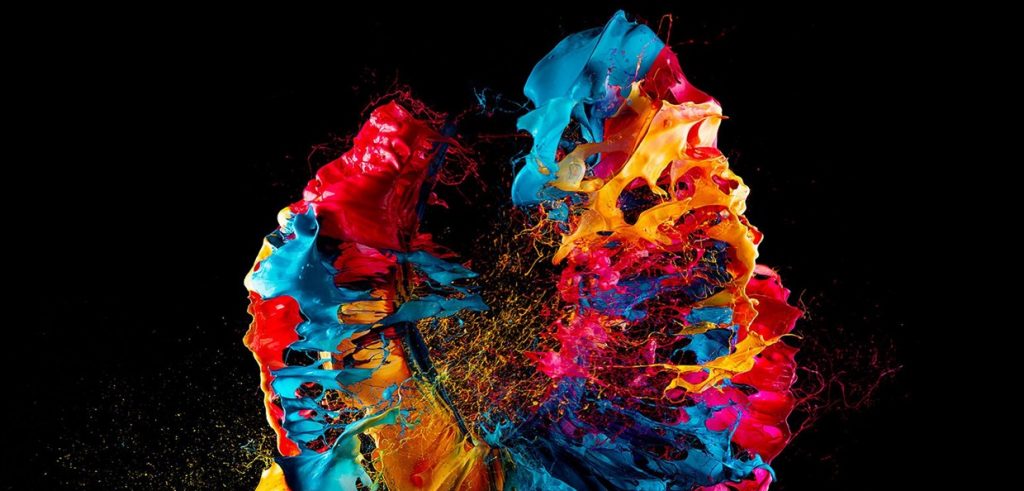
Beautiful things are created in chaos of thought. This paradoxical feeling of being lost in the zone sometimes leads to phenomenal discoveries.
Sadly, often we prefer to remain “unconscious”, not looking for the roots of the issue, because getting deeper and deeper into recesses of the mind may cause us to get more confused and deliriant. So we stay on auto-pilot of habits.
On the other hand, people who dwell on their spirituality, focusing on their inner self too much, often forget about giving back to the surroundings. Who is the smarter one in this mind game? The ultraspiritual one or the good mediocre guy?
Yes, you need to curate your inner curiosity and be in peace with yourself, but where lays the threshold after which surpassing you become just a plain narcissist fool?
Lucy in the Sky with Diamonds
Sometimes our natural creativity is not enough. Many people seek experiences enhancing their cognition of the world and its prevailing rules.
Better! Many tech entrepreneurs sought altering their perception of the reality by using LSD and other mind-altering substances, claiming them to be surprisingly effective tools for improving their work.
While I believe to be enough naturally crazy (but never say NO to organic food so who knows 🙂 ), I completely understand why Steve Jobs, said using LSD in his youth was one of the most enlightening experiences in his life and helped his creative process. Plus, now I know how the creator of Mario Bros came up with such a brilliant game 🙂
But at what point do you still keep your mind intact and when is the point of surpassing into madness?
Genius of Insanity
Lucius Annaeus Seneca who lived 3 – 65 n.e. once said: Nullum magnum ingenium sine mixtura dementiae fuit; meaning:
There is no great genius without a tincture of madness.
Where is the border between normality and what normality really is?
How can we classify and differentiate a good creatively insane citizen from a dangerous one? Mind games have been favourite subject of the great artists from the world cinematography (and not only).
Movies where you are finding out in the end the complete opposite of what you believed to be true, have earned international praise and managed to spark philosophical discussions of even the average John Doe.
Gone Girl, Shutter Island, Beautiful Mind or the books/movies, where you don’t know which one is the bad character like Righteous Kill with Al Pacino and Robert De Niro… These movies will f*ck your mind hard.
However, these scenarios are a mind game in the controlled environment.
When is the moment that you are losing it, no longer being safe for the environment and qualify for the white walls en-suite? Ok, obvious would be here: murder, self-mutilation and the like.

But if I’m comfortable in my world of imagination AND I can find another person (from the margin of the society) who follows my logic (which in fact, doesn’t need to reflect and follow the common logic at all), does it mean that we are both crazy, irrationally deviated from societal norm or does it mean that we are just creatively special?
“This is what happens when you work to change things,” Elisabeth Holmes said on the latest allegations that her company Theranos was misleading the data presented to FDA. “First they think you’re crazy, then they fight you, then you change the world.”
No matter who is the liar in this case, Theranos/Miss Holmes or the lobbying competition, I think, the process of disruptive discovery she mentioned is true. It’s important to use our brains and make the judgement for ourselves.
So what is crazy? And what decides on the fact that sometimes craziness should be trapped and sometimes is let free, leading ultimately to a positive outcome for the humanity? How long should you keep going before admitting: ok, that’s waaaaaaay out of normal?
According to Dr. Jeffrey Cummings, we all live unencumbered of the “sense” of the left hemisphere of our brain, which is doing everything possible to limit all the madness of his right companion (I’m left-handed so does it mean my right hemisphere raves in its best? :).
Only when getting rid of these bonds allows us for full bloom of the talents laying dormant in every human being. Unfortunately, this always happens at the expense of losing some sense of connecting us with the outside world or reduced efficiency of dealing with everyday problems. Maybe that’s why so many artists and scholars we consider as eccentrics or madmen.
What should be alarming? A man with an increased psychotic element often breaks all norms and conventions. He invents works of new, unique and the original. Manic state or the state of emotional arousal gives him the energy needed for creative action.
So how many artists among people who you find crossing the borders of normality? And is someone an artist because he is ill or is ill, because he is an artist? Thin and dangerous genius and madness borderline makes us perceive these people in two ways, and the act of creation can be treated as discharge to vent illness or an attempt to escape from thoughts that captured the mind of the person.
“One must still have chaos within oneself, to give birth to a dancing star” Friedrich Nietzsche
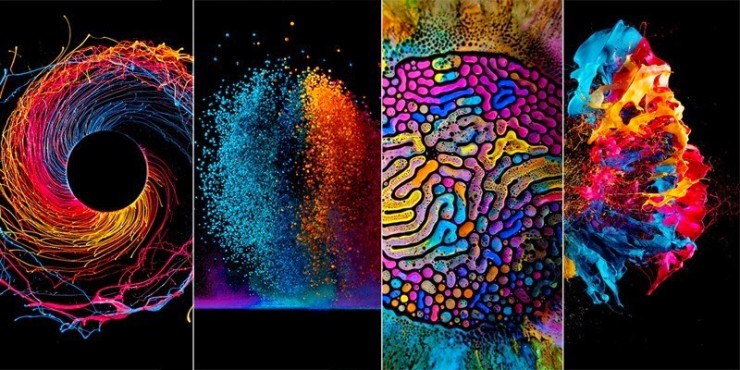
Professor Satvik Beri noticed and analysed the pattern characterising the smartest people of this planet.
PS. Just don’t try to self-check yourself concluding genius diagnosis – it’s not a horoscope that suits ’em all.
Ps2. Only I was able to self-diagnose myself with a 99% genius AND humbleness accuracy (: 🙂 :
- They’re extremely talented at going up and down levels of abstraction. Geniuses tend to be able to fit seemingly unrelated facts into the big picture almost instantly, and drill down to any level of detail. On a related note, when learning they tend to learn at every level of abstraction at once, rather than simply building from the bottom up or top down like most people.
- They make a lot of assumptions. This may seem counterintuitive, as we’ve often heard that creative thinking requires breaking existing assumptions. And this may be true, but it seems like geniuses tend to make a lot of assumptions very quickly, test their hypotheses, and then change their assumptions very slowly if it’s necessary.
- They come up with unique ways to compress information. A smart person might see a difficult Mathematical theorem as a connection of ten steps, whereas a genius might visualize it and see it all as one picture.
- They separate emotion or external thoughts from their thinking. At least in science, geniuses tend to never attach any external meaning to their thoughts–as an example, they could think about how to efficiently invade a country or release a horrible weapon without feeling fazed by the image of the devastation that would involve. Similarly, they can often focus on their work no matter what they’re going through-whether it’s loud noises or personal trauma.
- They connect seemingly unrelated things. A genius will frequently follow a T-shaped model of learning: be an expert on one thing and dabble in a lot. They will frequently get inspired by or make connections between things that are unrelated to their main research.
Metaphysical orgasm by exploration

Curiosity is nature’s built-in exploration bonus. We’re evolved to leave the beaten track, to try things out, to get distracted and generally look like we’re wasting time. Maybe we are wasting time today (like I am, writing this blog that no one reads :), but the learning algorithms in our brain know that something we learnt by chance today will come in useful tomorrow.
Obviously it would be best if we knew what we needed to know, how to get from point A to Z in order to build successful business without making too many “obvious” mistakes, and just concentrated on that.
Fortunately, in a complex world it is impossible to know what might be useful in the future.
And thank goodness – otherwise we would have evolved to be a deadly-boring repetitive species, which never wanted to get lost, never tried new (potentially dangerous) things to just see what happened (oh, it blew up!) or did things for the hell of it.
Evolution made us the ultimate learning machines, and the ultimate learning machines need a healthy dash of curiosity to help us take full advantage of this learning capacity.
*or maybe I am just playing with you…
PS. Those who noticed what day is today (I made a subtle allusion in the text) and saw the date/time of when this post has been published – Great Scott!
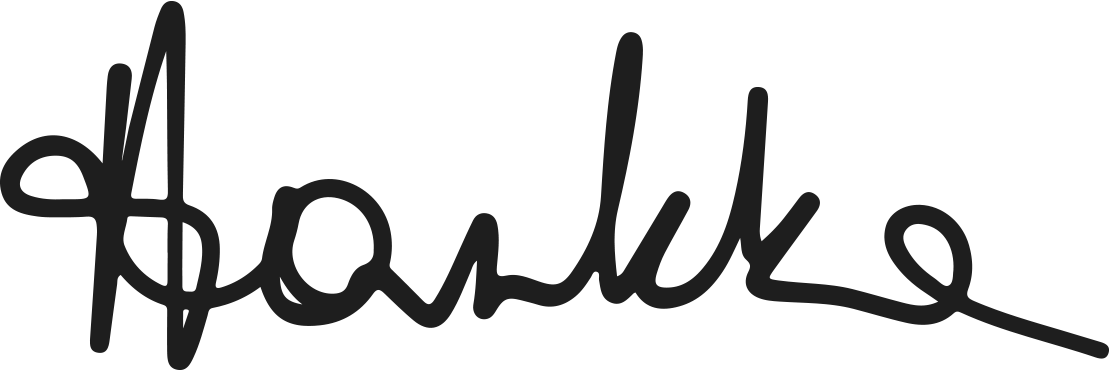
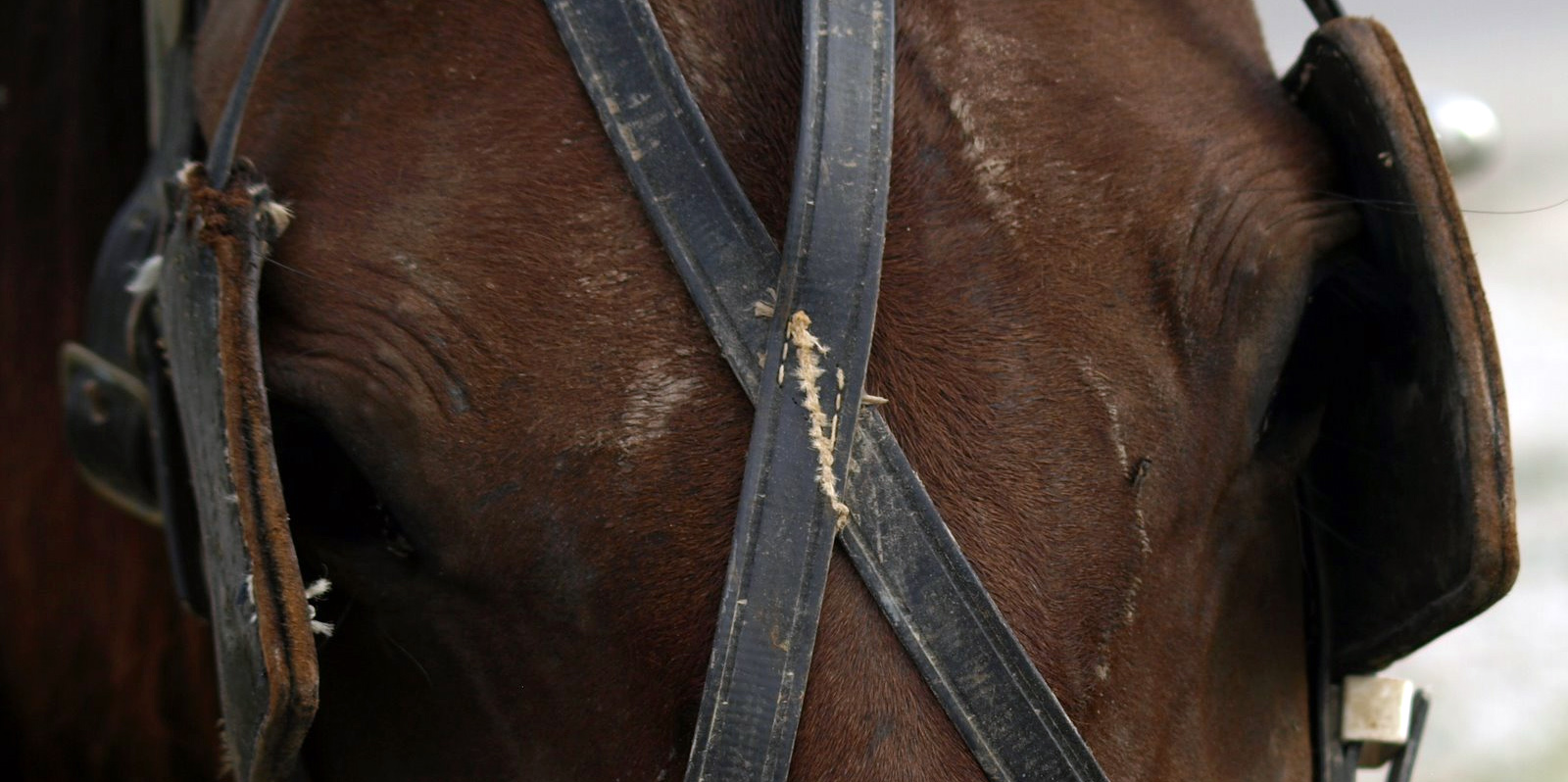

![Start-ups and start-downs [Evoque Journey] louveciennes @flickr](https://hankka.com/wp-content/uploads/2013/09/bfast.jpg)
![What are you afraid of? [Evoque journey] Donnie Nunley @Flickr](https://hankka.com/wp-content/uploads/2014/02/12331672305_9d924d76b0_z.jpg)
